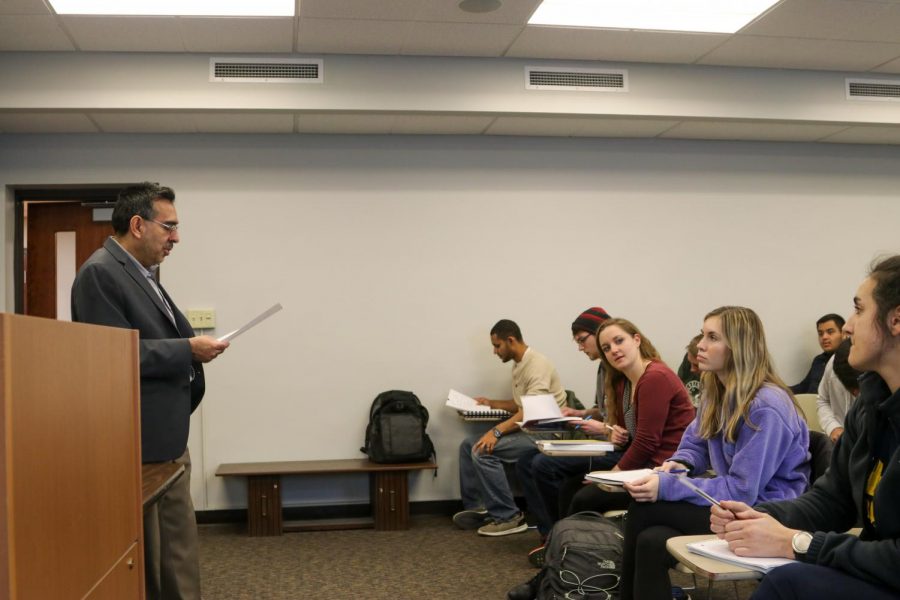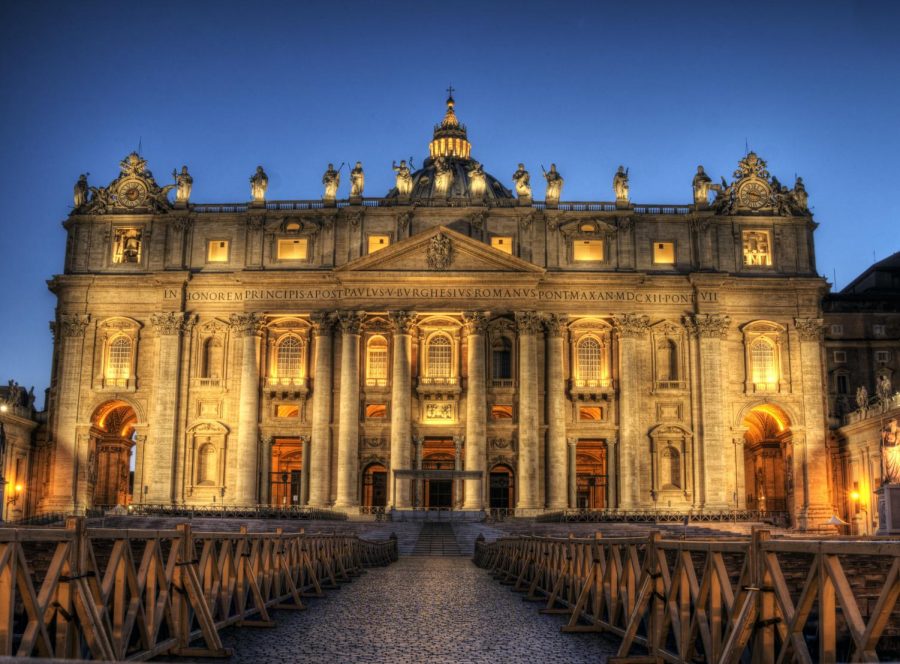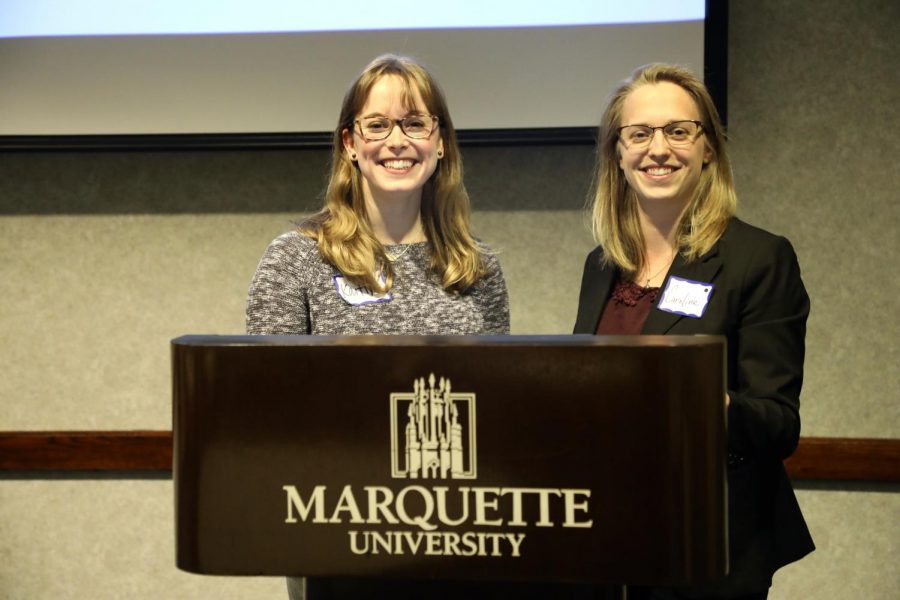Marquette’s theology department is offering a class on interfaith dialogue, specifically between Christianity and Islam. Professor Irfan Omar is offering two sections of the class, titled Christian-Muslim Dialogue for the first time as an undergraduate course.
“The central concern of this course is to examine a variety of Christian and Muslim experiences within the context of their engagement in dialogue with a religious other,” according to the course’s syllabus.
Omar said that there is so much conflict in the world in the name of religion and that he believes communication is crucial in any efforts toward peace.
“Interfaith dialogue is necessary,” Omar said. “It allows us to learn from our own tradition.”
Omar said it is necessary to go back to religious texts, teachers and scholars in order to understand the necessity of dialogue and to learn about “the other.” He said many cultures and groups engage in otherization and that dialogue is a necessary way to break the chain.
Omar said some dichotomies are inherent, such as the difference between Marquette students and University of Wisconsin-Milwaukee students being that they attend different universities.
He continued, by saying that although there are certain objective differences between groups, it is always important to recognize similarities and to know where to draw the line and stop identifying in-groups and out-groups.
According to the Office of Institutional Research and Analysis’ first-year profile for the Class of 2023, 77% of first-years identify as Christian, leaving approximately a quarter of the students who identify with other or no religions.
“In work environments, at school, virtually everywhere, we encounter individuals with different beliefs, different cultural backgrounds, different political affiliations, etc.,” Patrick Bowman, Omar’s teaching assistant and a graduate student in the theology department, said in an email. “Examining interreligious dialogue demonstrates how two groups can get to know each other in order to discover similarities and differences. At the very least, an accurate understanding of ‘the other’ should result, and this is valuable to avoid the perpetuation of stereotypes and misinformation.”
Omar said Marquette claims an inclusive mission, yet to be a leader, an institution must engage with different people.
Lauren Harrison, a first-year in the College of Arts & Sciences, took the class because she recently switched her major to theology. She said she has always been interested in learning more about Islam.
“Empathy is one of the first things we’ve talked about, which is crucial in even starting interfaith dialogue,” she said. “Recognizing that we are all human beings despite our differences and having respect for each other lays the foundation for improving relations with one another.”
Omar said that reading books is not enough and that conversation can help people bridge the gap between a surface-level understanding and true realization. Even just sitting and having coffee with someone, he said, helps get to know them as a person.
Harrison said the class has also focused on media portrayal.
“Many times we only see one image put out and that shapes our perception of the whole group,” she said. “We’ve discussed the misconceptions of Islam and how it is often portrayed as a violent religion, which is not at all the case.”
Both Omar and Harrison said that interfaith dialogue is crucial because it can lead to peace.
“Dialogue does not mean agreement, and it does not mean conversion,” Harrison said. “It is about respecting differences and learning more about what others believe. Along with that, listening to people’s faiths and talking about your own can help you learn more about yourself and what you believe.”
Omar said the course fulfills students’ ESSV2, or Engaging Social Systems and Values 2, a core curriculum requirement.
“Christians and Muslims, as well as other religious traditions, present answers to questions we all ask: What is my purpose? How did I get here? How should I live? What happens when I die?” Bowman said. “Because truth matters, a consideration of various religious perspectives — and the evidence provided to support such answers — is imperative in constructing our own worldview.”
In conjunction with several Marquette students, Omar and Kaitlyn Daly, a former graduate researcher at Marquette, wrote a book published by Marquette University press in 2020 titled “Interfaith Engagement in Milwaukee: A Brief History of Christian Muslim Dialogue.” Omar has assigned it as one of the readings for the semester.
“I think that other students should take this class in the future because it’s very eye opening,” Harrison said. “Stereotypes feed ignorance, and many times we don’t know the full truth. It’s important to learn to respect other people’s religions, especially since we live in a diverse world.”
This story was written by Shir Bloch. She can be reached at [email protected].





